Table of Contents
Introduction
Job interviews are absolutely different for working professionals, especially when compared to how freshers are evaluated or how the technical skills of students are assessed. Both the HR and technical interview rounds are quite divergent for these two different kinds of applicants. Moreover, interviews for experienced professionals are made as hard as possible so that only the best candidates are selected.
In the case of freshers, companies generally opt for mass recruitment, nationwide recruitment and campus recruitment, thus loosening up the criteria for selection as well as the difficulty level of the assessments or interviews quite a bit. This is done in order to hire as many applicants as possible.
Working professionals are hired for more important positions that have more responsibilities. Thus, companies will only select the best individuals with the most suitable set of skills. Considering this, it is always a great idea for working professionals to learn as many skills as possible and upgrade their existing skill set.
Difference between Job Interviews for Working Professionals and Students
Here are the various differences one can notice when it comes to job interviews for working professionals versus students:
| Working Professionals | Students |
| Working professionals are offered better salary packages, thus, they are also expected to have a larger set of skills and know more advanced tools and technologies. | Students are offered fresher salaries, thus, not a lot is expected from them other than basic programming or computing skills. |
| Working individuals are expected to know about system design and will be asked to design systems resembling applications such as Telegram or platforms such as e-commerce websites. Working professionals must also be able to compartmentalise systems and understand what modules are required to make the system function according to requirements. | Students will not be asked to design systems, however, they might get asked about what kind of data is required for certain systems. Freshers also might get asked about the tools and the components that are required to build and support these systems. |
| Working professionals are expected to know advanced concepts of OS and memory management. | Freshers or students are expected to know just foundational topics of OS. |
| Individuals with experience must know DBMS and SQL. This is absolutely compulsory as applications or services they are working on require access to databases and data. | DBMS is not compulsory for freshers or students and is more like an additional skill. However, students who are comfortable with DBMS get better opportunities. |
| Professionals who have been working for a long time are expected to have extremely good communication skills as they might need to handle teams or interact with clients. They must know how to use office suite tools very well and also how to conduct presentations. | Freshers are also expected to have good business communication and verbal abilities, however, this is not of utmost importance. They are not expected to be masters of conversations or presentations. |
| Working professionals might be expected to also know computer networking and cloud architecture. Professionals with experience are also expected to know advanced DSA. | Though it will be highly appreciated, freshers are not required to know advanced cloud computing and networking. Also, freshers and students are just required to know the fundamentals of DSA. |
How Coding Ninjas can Help?
The Job Switch course by Coding Ninjas has been specially orchestrated for working professionals so that it helps them make the switch. The programme covers all the subjects you will need for applying to the company of your dreams. The course also features mock interviews, mock tests and real-time doubt solving sessions.
The programme comes equipped with domain expert sessions and thorough mentor support. You can avail the video or audio call facilities to contact them to get all the help you require. The personalised suggestion and tailored feedback will also go a long way in helping you with your interviews and assessments.
Here are some topics that will be covered in the programme:
- Programming topics such as loops, functions, arrays and strings
- DSA topics like dynamic programming, trees, OOPS and linear data structures
- OS topics including memory management, concurrency and process management
- System design topics such as communication, application characteristics and architectural patterns
- DBMS topics like data modelling, relational model, SQL and normalisation
Frequently Asked Questions
This programme has been designed to help you switch to the company or career of your choice.
This programme will help you get into a job role that you truly relate to and wish to take up. Your career will become more fulfilling and you will become more passionate when it comes to working if you are employed at your dream company.
A product-based company is better for salary but a service-based company offers more stability.
Companies such as Oracle, Amazon, Microsoft, Intel and Google are great organisations that you can switch to.
nterviews are tougher for working professionals to assess their potential if they get hired for senior roles and more important positions.
The product-based course is definitely one of the best programmes for this.
The service-based course is easily one of the best programmes out there for this.
You can prepare yourself by identifying the career you wish to go for and then upgrading your skills accordingly.
It is generally advised that you stick to the same company for at least one year or two years in order to get some relevant experience. You will also be viewed as someone who is stable when it comes to working in an organisation for a longer duration.
Key Takeaway
The objective of the Job Switch programme is to help you have a strong portfolio (projects) alongside a powerful set of skills. More than anything, working professionals must put emphasis on programming languages such as C++, Java or Python so that they are not caught off guard by the high-difficulty assessments and interviews they will need to mostly go through for good corporations such as Microsoft, Google, Adobe, Oracle or Amazon.
Many working professionals are caught off guard due to assuming that their interviews and tests will be similar to that of freshers. It is important to prepare yourself well and with more dedication than you needed when you were applying for jobs as a fresher.
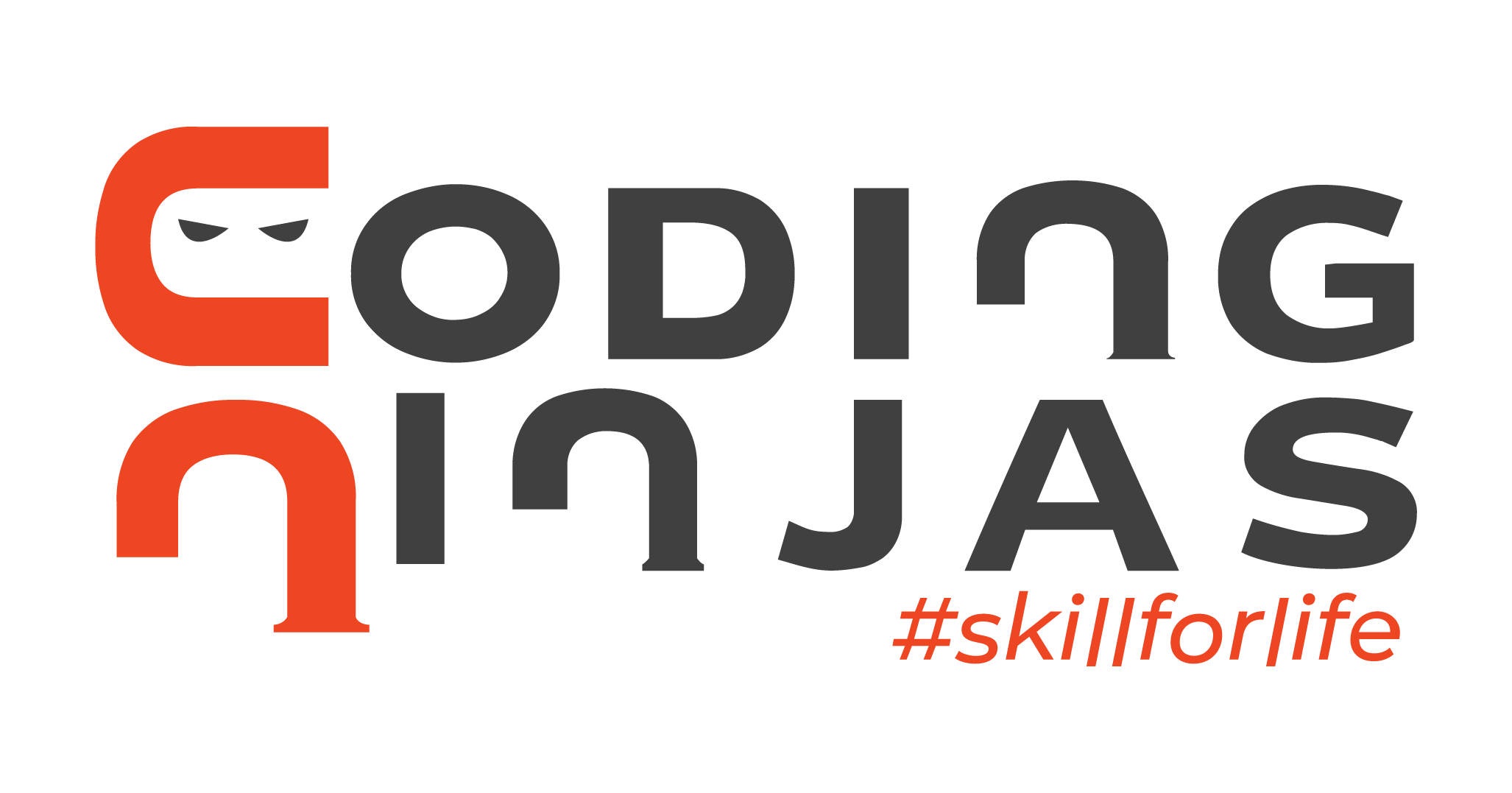
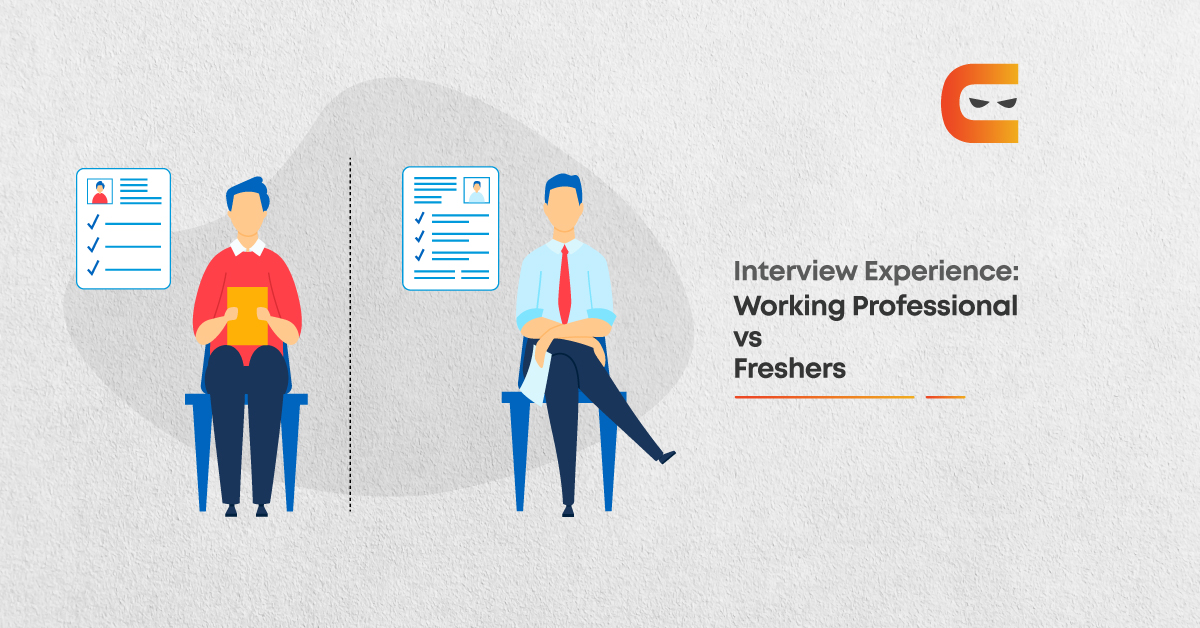
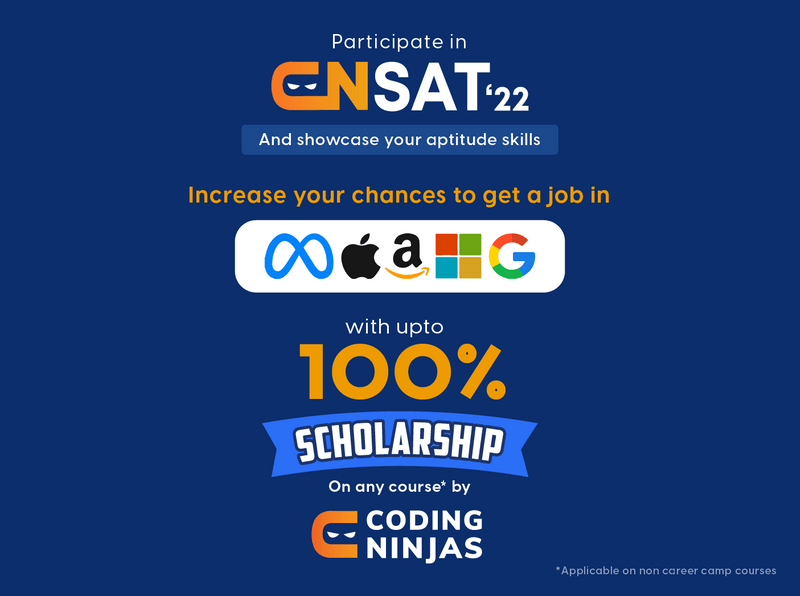


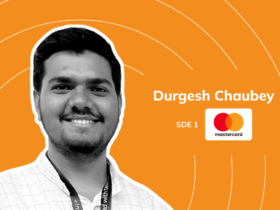
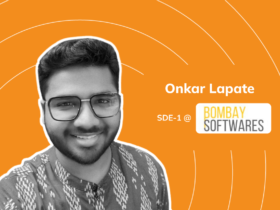








Leave a Reply